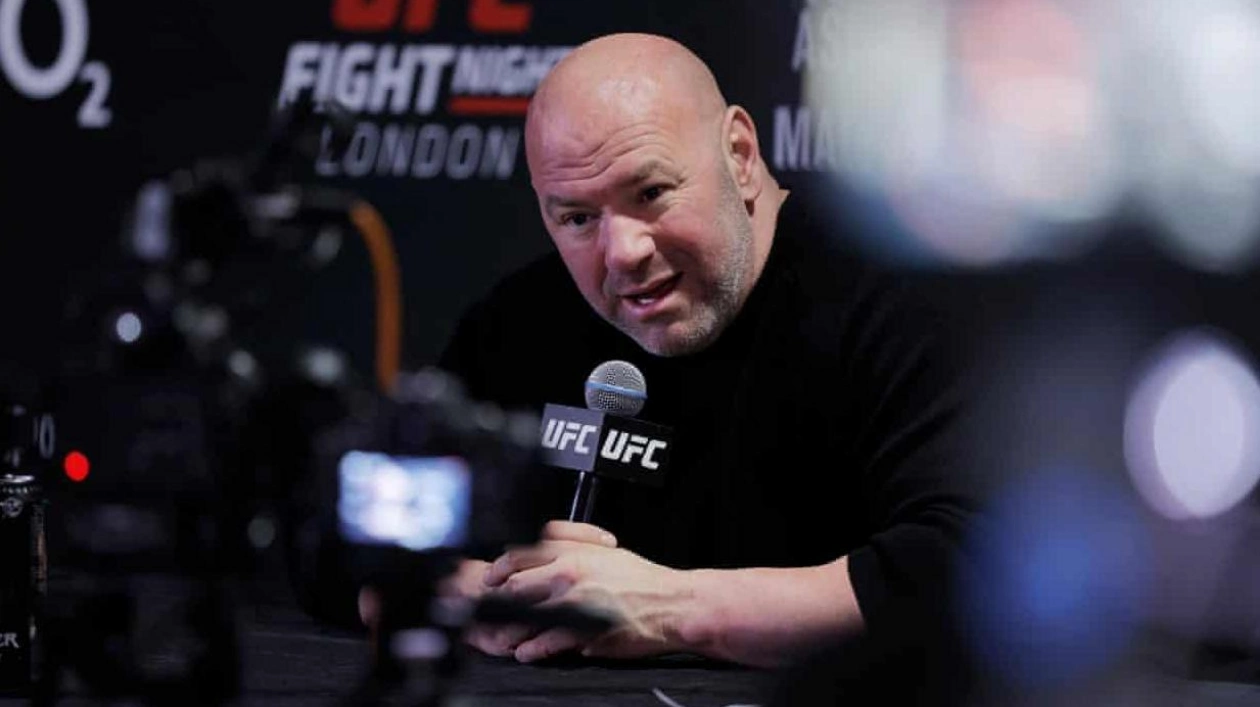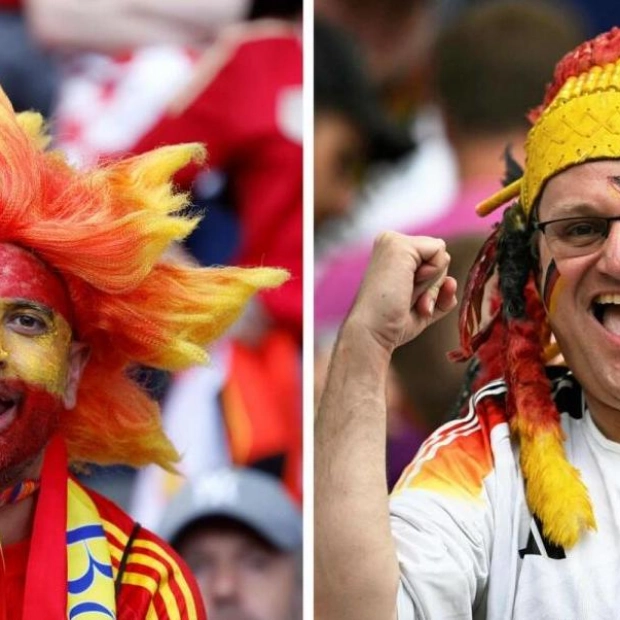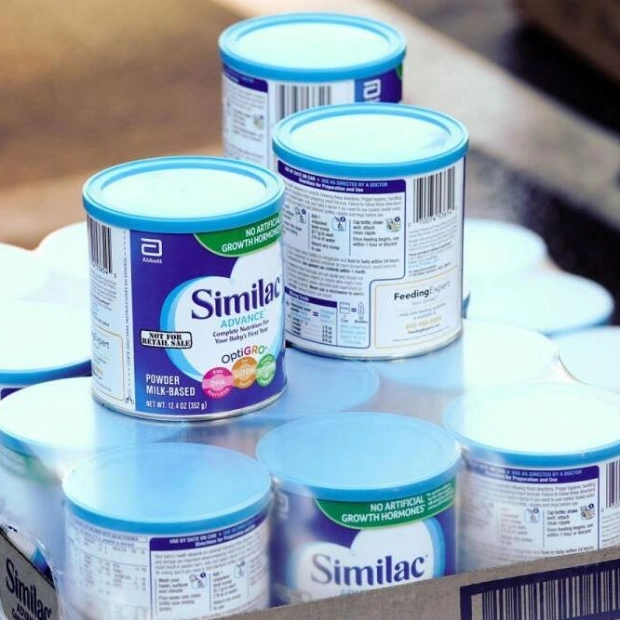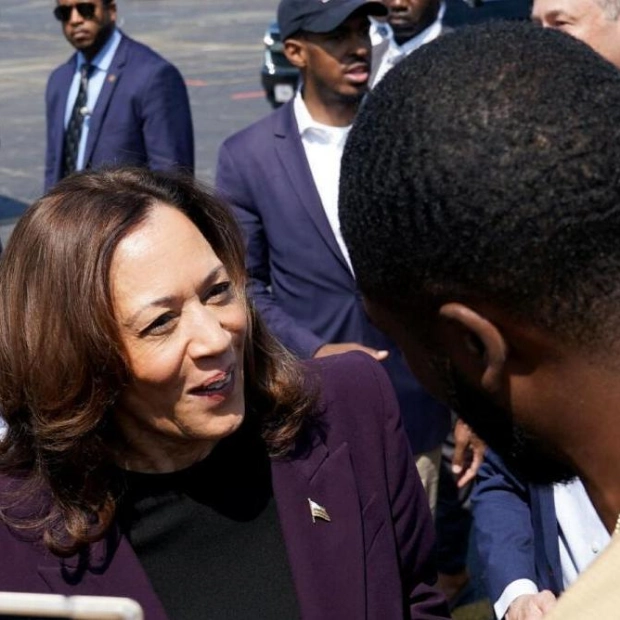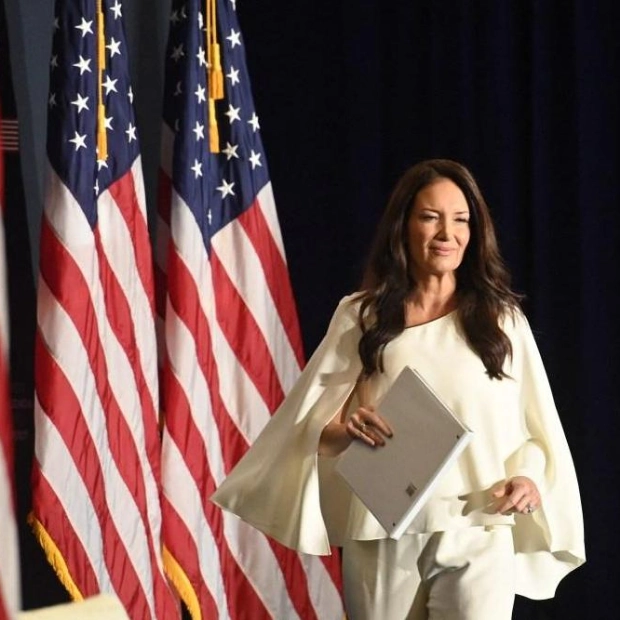Nearly a decade after filing a federal antitrust lawsuit against the Ultimate Fighting Championship, over 1,000 former and current professional mixed martial artists are set to receive payments from a $260 million pool starting next June. Federal Judge Richard F. Boulware granted preliminary approval of a negotiated settlement between the parties on Tuesday. Once finalized, the $375 million agreement will conclude the proceedings in Le, et al v Zuffa LLC, one of two classes Boulware certified last year covering UFC fighters from the end of 2010 to the present. The other, Johnson, et al v Zuffa LLC, which represents fighters from July 2017 onwards, is still ongoing.
The fighters' co-lead class counsel, expected to receive nearly a third of the Le settlement in fees and expenses pending Boulware's approval, may also collect significant sums in the Johnson case as tough questions about the UFC's contract and business model remain unresolved. Founded in 1993, the Ultimate Fighting Championship is the world's leading mixed martial arts promotion, featuring over 600 fighters from nearly 80 countries on its roster. In January 2001, an ownership group led by brothers Frank and Lorenzo Fertitta, Las Vegas casino magnates, transformed the UFC and MMA from obscurity to global prominence after purchasing the struggling company for $2 million from its original owners, Semaphore Entertainment Group.
Under the Fertitta-owned Zuffa LLC, spearheaded by President and CEO Dana White, the UFC expanded rapidly. Fifteen years later, the Fertittas sold the UFC to sports and entertainment giant Endeavor for $4.2 billion. Now under the publicly traded TKO Group Holdings, the UFC coexists with the WWE and is valued at over $12 billion. The UFC's dominance in the MMA market was bolstered by absorbing assets from would-be rivals, often valuable fighter contracts. This consolidation gave Zuffa significant leverage over the MMA labor market, with only UFC-contracted fighters eligible for the title of 'world champion'.
The original civil suit was filed in 2014 by former UFC fighters Cung Le, Nathan Quarry, Jon Fitch, Brandon Vera, Javier Vazquez, and Kyle Kingsbury. The plaintiffs alleged that Zuffa locked fighters into restrictive long-term contracts while capping their revenue, effectively suppressing wages. The 1,952 fighters represented in the lawsuit claim Zuffa achieved this by eliminating buyer options, absorbing and shutting down competitors, and paying no more than 20% of UFC revenue to athletes—a significantly lower wage share compared to major U.S. professional sports like the NFL, where players receive around half of league revenue.
The combination of restrictive contracts and business tactics limiting fighters' market mobility created an industry dominated by a single buyer, making the UFC a 'monopsony' in violation of Section 2 of the Sherman Antitrust Act. In his 80-page order granting class status to the fighters in 2023, Boulware noted that the plaintiffs had established economic injury due to the defendant's anti-competitive conduct. Throughout the litigation, UFC lawyers, echoing Dana White, disputed any wrongdoing by the company. However, Boulware denied a motion to dismiss the case and allowed it to proceed to summary judgment.
Before the decade-long litigation was originally set for a jury trial in April 2024, a settlement agreement was reached through mediation. The UFC's attorneys maintained they were not liable for the claims and would have had a strong defense in front of a jury but agreed to settle to avoid further expense, inconvenience, and the distraction of protracted litigation. The global settlement in July would have delivered $335 million to fighters and resolved both the Le and Johnson lawsuits. For the UFC, the tax-deductible settlement payments carried less risk than a jury trial, where a guilty verdict in Le could have resulted in damages ranging from $811 million to $1.6 billion, potentially tripled by the court.
However, in mid-July, Judge Boulware declined preliminary approval, stating he wanted to see 'life-changing money.' He described the payout, split 90/10 between the two cases, as insufficient and noted that the interests of the two classes were in conflict. While Le focused solely on damages, Johnson has the potential for injunctive relief, including concrete changes to contracts and the UFC business model. Based on 158 declarations filed with the court as part of the revised settlement agreement, many fighters among the over 1,000 members of the Le class are eager for the disbursements.
Boulware noted the volume of declarations was unprecedented in his experience with hundreds of antitrust cases, calling the heart-wrenching statements a 'quite significant' factor in his decision. Moving forward to trial, set for February 2025, would have been an all-or-nothing situation for the athletes, with potential lengthy appeals by the UFC even in the event of victory. Instead, Le class members will receive 25% more than under the prior agreement. The gross settlement amounts to roughly 70% of the total compensation the UFC paid to the entire roster of fighters during the class period ($375 million out of $538 million) and more than 40% of the estimated damages, which plaintiffs' attorneys noted 'is better than any other worker-side monopsonization case in the history of class action jurisprudence in this country.'
A formula that factors a fighter's competitive compensation plus $14,000 per bout determines the disbursement, which amounts to around 30% of what he or she made during the class period. Payments to fighters will vary, with 35 set to net over $1 million, 500 to receive in excess of $100,000, and nearly 800 expecting more than $50,000. Meanwhile, members of the Johnson class, including hundreds of fighters covered in the Le settlement, can still pursue additional damages and, crucially, injunctive relief as that case progresses.
Pursuing an antitrust class action lawsuit was always expected to take time. Fighters were initially told it could take five to six years when they were approached by attorneys in 2013. No one could have foreseen the pandemic or that Boulware would have to wait for another case involving tuna price-fixing to work its way through an appeals court before issuing a key ruling in Le v Zuffa LLC. Those hoping for significant changes to the UFC's contract and single-entity business model will need to wait for an outcome in the Johnson case, which is still in the early discovery phase and years away from resolution.
Injunctive relief—the court's discretionary power to restrain or require remedies to prohibit restrictive conduct—was sidelined in Le due to delays and the addition of the Johnson case. When Boulware denied the previous settlement, he emphasized that the two classes had different stakes and needed to be separated. A new class counsel has been added to the case to address the judge's concerns. The initial settlement included minor changes to contracts, but the 'prospective relief' left much to be desired. These issues are now on the table in Johnson, though many fighters in that class signed class-action waivers when they contracted with the UFC.
Following a 2018 U.S. Supreme Court ruling that deemed such waivers constitutional, more than half of the fighters in the Johnson class have these clauses in their contracts. Boulware expressed interest in seeing these clauses challenged by the plaintiffs, and the Johnson action could bring the issue before an appeals court. Professor Eric Posner of the University of Chicago Law School, supporting the fighters, noted that Le 'is the first [labor-side claim under Section 2 of the Sherman Act] ever to survive summary judgment, reach class certification, or even survive a motion to dismiss,' highlighting the 'important judicial opinions' that will aid future Section 2 Sherman Act labor antitrust cases.
Fighters' counsel declared the case and settlement 'remarkable, groundbreaking achievements' compared to other cases. While the monetary awards in the Le settlement should prove meaningful, the potential for structural changes to the UFC business resulting from the Johnson action could determine the true impact of these efforts.
Source link: https://www.theguardian.com
